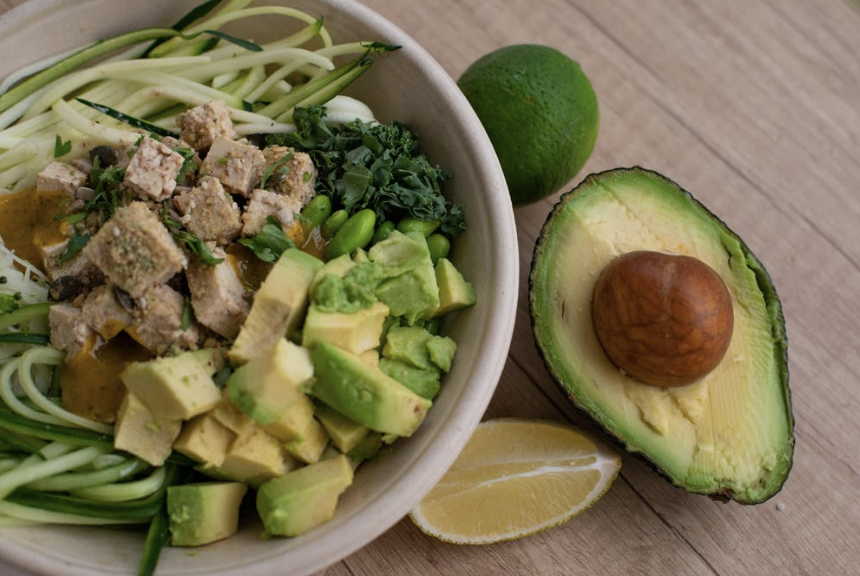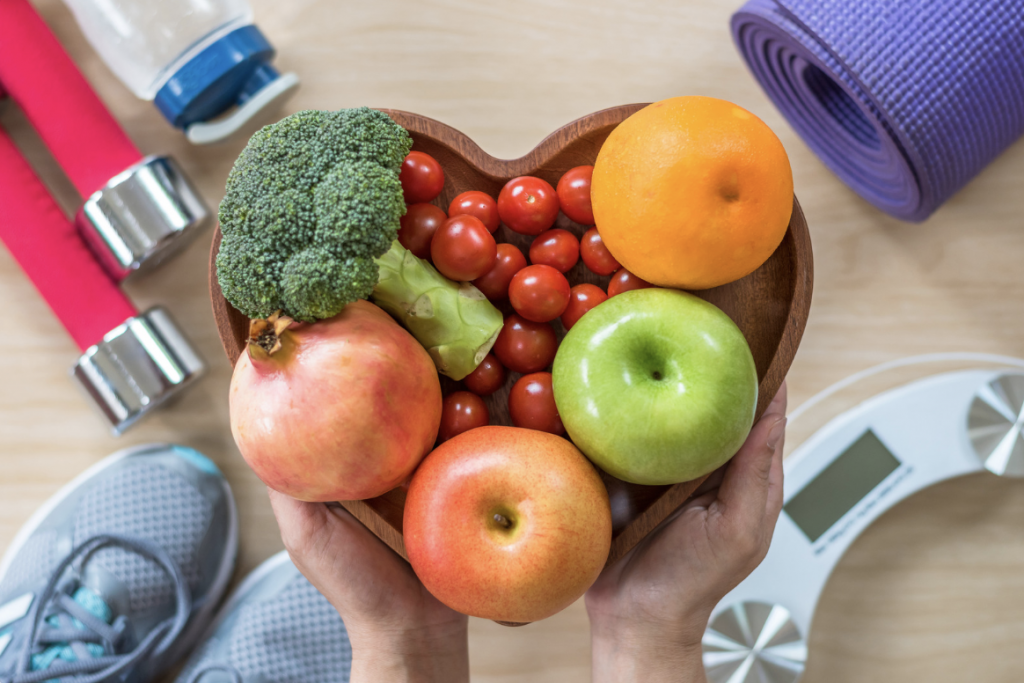Heart disease contributes to at least a third of global deaths (1).
Heart health is greatly affected by what you eat. Your diet can also determine your risk of heart disease.
It is worth noting that some foods influence blood pressure, cholesterol levels, inflammation, and triglycerides, all of which contribute to heart disease.
This article lists some foods that help lower the risk of heart disease.
Leafy Vegetables

Vegetables such as kale, collard greens, and spinach are rich in antioxidants, minerals, and vitamins.
They are well-known for their richness in vitamin K which protects the arteries and enhances proper clotting of blood (2, 3).
Leafy vegetables are also loaded with dietary nitrates. Studies have shown that these nitrates drastically reduces blood pressure, reduces arterial stiffness, and improves the physiology of the endothelium (the cells that line our blood vessels) (4).
Several studies have also established a link between the consumption of green vegetables and a reduced risk of cardiovascular disease.
A review of 8 studies found that an increase in the consumption of leafy greens caused a 16% reduction in the incidence of heart disease (5).
A second study involving 29,689 female subjects showed that adequate intake of green vegetables caused a slight reduction in the risk of coronary heart disease (6).
Whole Grains
When we say ‘whole grains’, we mean the three nutritious parts of the grain – germ, brain, and endosperm.
Examples of whole grains include brown rice, whole wheat, rye, quinoa, buckwheat, and barely.
Unlike refined grains, whole grains have a lot of fiber. This reduces the LDL cholesterol, and of course, drastically reduces the risk of heart disease (7, 8, 9).
Several studies have found that increasing the number of grains in one’s diet has positive benefits on cardiovascular health.
A review of 45 studies found that daily consumption of three servings of whole grains reduced the risk of heart disease by 22 percent (10).
Another study also showed that consuming three servings of whole grains daily caused a 6mmHg decrease in systolic blood pressure. A blood pressure decrease of this magnitude can cause a 25% decrease in the risk of stroke (11).
Berries

Another food group that’s best for heart health: Berries. Blueberries, strawberries, raspberries, and blackberries contain lots of important nutrients that are vital to heart health.
Berries also have a lot of antioxidants such as anthocyanins, which offer protection against inflammation and oxidative stress – both being risk factors for heart disease (12).
Research has shown that eating berries can reduce many factors that contribute to the onset of heart disease.
For instance, a study involving 27 adults suffering from metabolic syndrome showed that intake of a beverage made from dried strawberries for 8 weeks caused an 11% decrease in LDL cholesterol (13).
For the record, metabolic syndrome refers to a group of conditions whose presence indicates a high risk of heart disease.
Another research found that the daily consumption of blueberries improved the physiology of the endothelium of the blood vessels, thus regulating blood clotting and blood pressure (14).
Avocados

Avocados are a great source of monosaturated fats. Monosaturated fats reduce the level of cholesterol in the blood, thus lowering the risk of heart disease (15).
A particular study analyzed the effects of 3 cholesterol-reducing diets in 45 obese and overweight patients. One group took an avocado daily.
The group of obese patients who took the avocado experienced a lowering of LDL cholesterol. LDL cholesterol contributes significantly to the occurrence of heart disease (16).
A second study involving 17,567 subjects showed that avocado eaters had their risk of metabolic syndrome reduced by more than half (17).
Avocados contain a lot of potassium. Potassium is very essential for heart health. It is worth noting that from one avocado, the body gets up to 28% of the daily recommended intake (DRI) of potassium (18).
Getting a daily potassium intake of at least 4.7g daily can cause an 8.0/4.1 reduction in blood pressure, which in turn lowers the risk of stroke by 15% (20).
Fish Oil and Fatty Fish
Fish oil & fatty fish also make positive contributions. Both contain a lot of omega-3 fatty acids and may reduce the risk factors for heart disease, such as cholesterol, triglycerides, and blood pressure.
Other foods that contribute to good heart health include:
- Walnuts
- Dark Chocolate
- Almonds
- Garlic
- Olive oil
- Edamame

Conclusion
The best foods for heart health varies, but that’s a good things: variety. Luckily for us, it’s not about eating berries all day. Mix in the above food groups for a healthy and far-from-boring diet. There is a strong link between our diet and the risk of heart disease.
In other words, what goes into your digestive system can influence your heart health in every way.
You must include these foods in your diet so you can maintain your heart health and lower your risk of cardiovascular disease.
Contact us for more ways of keeping healthy!


